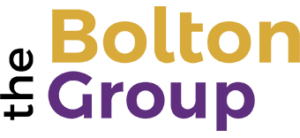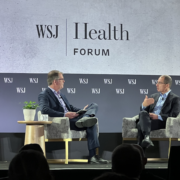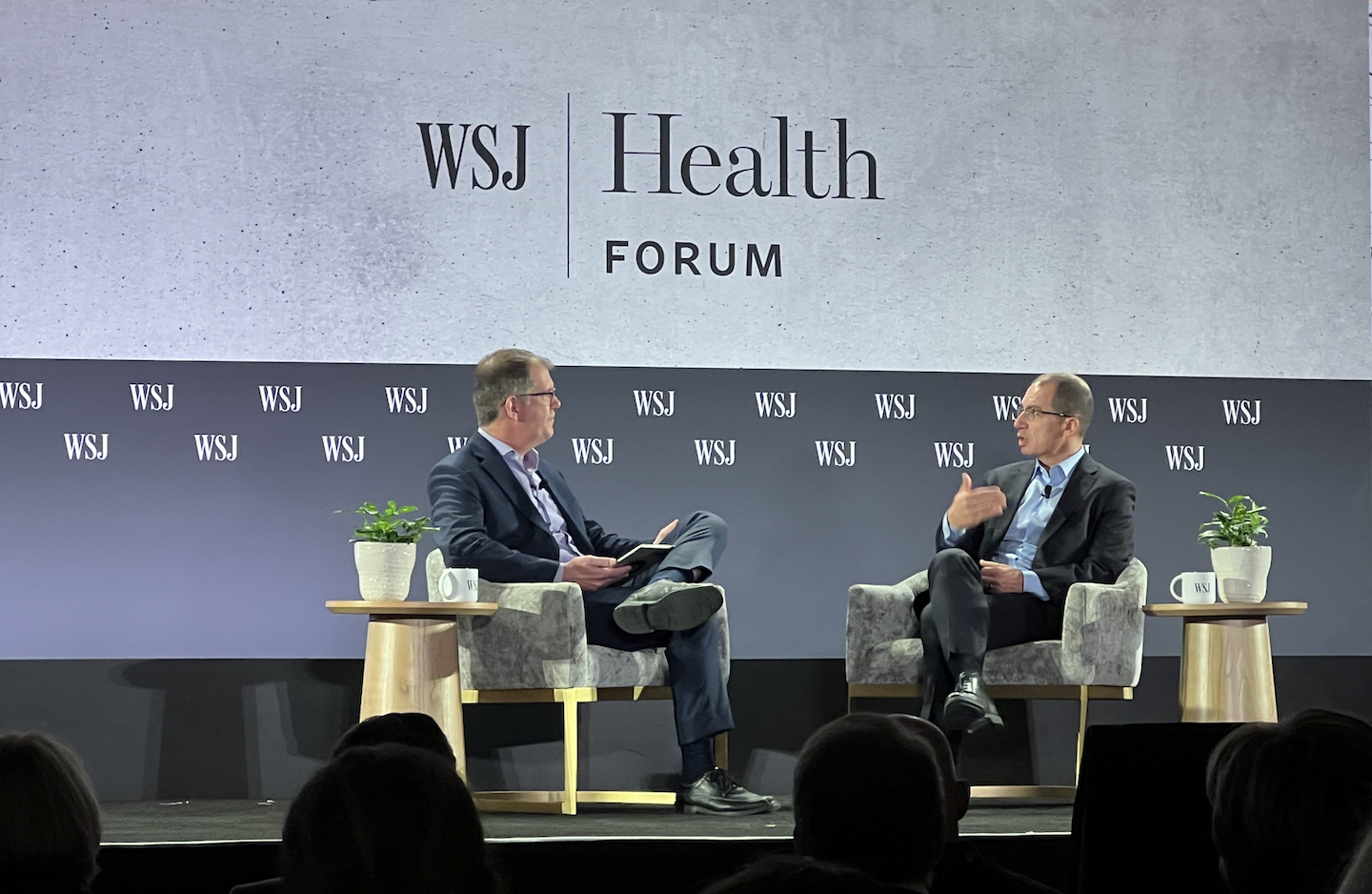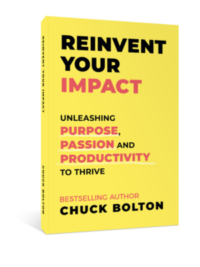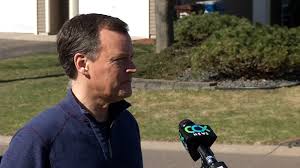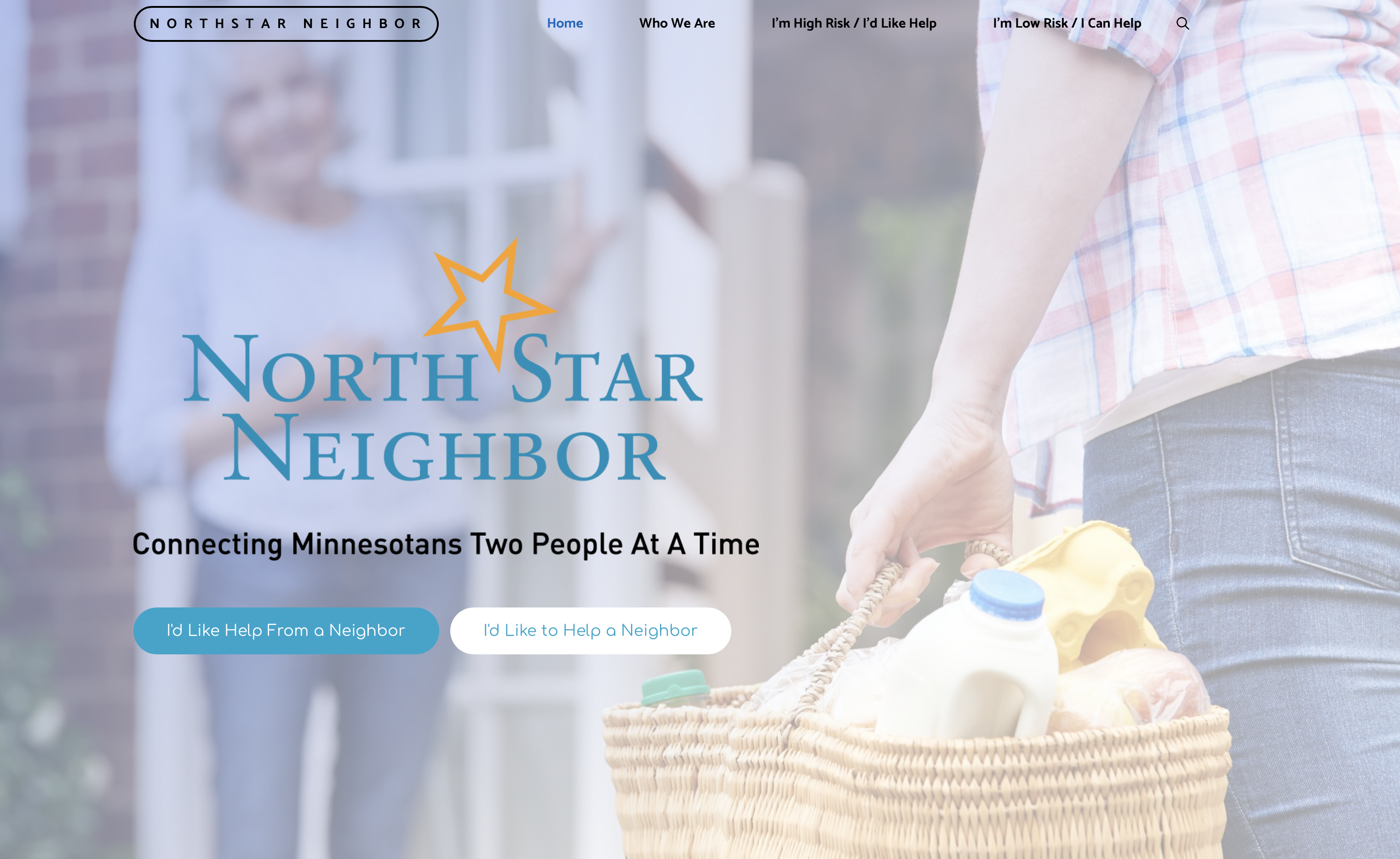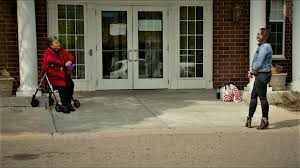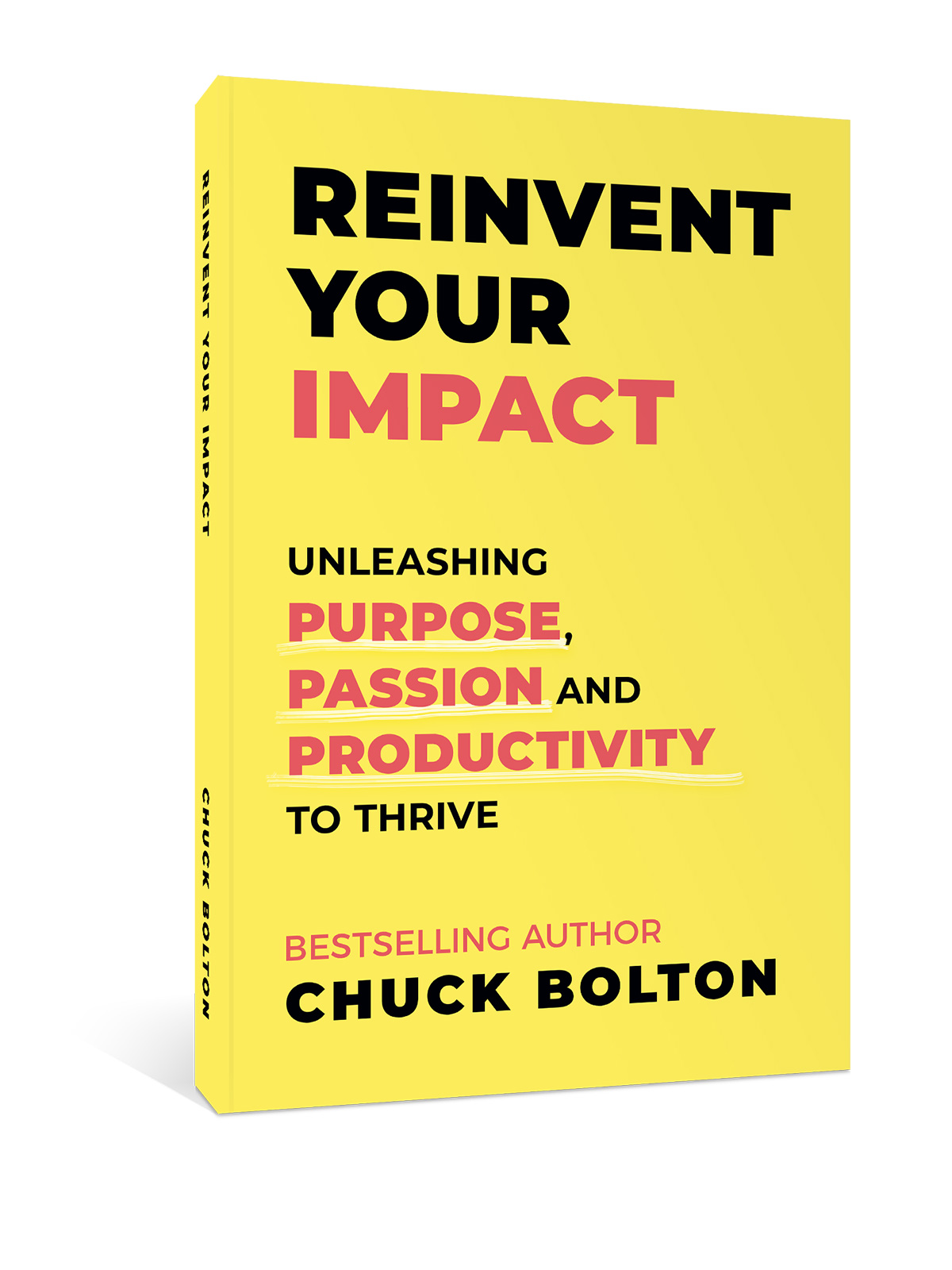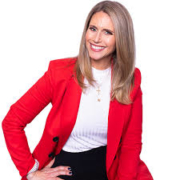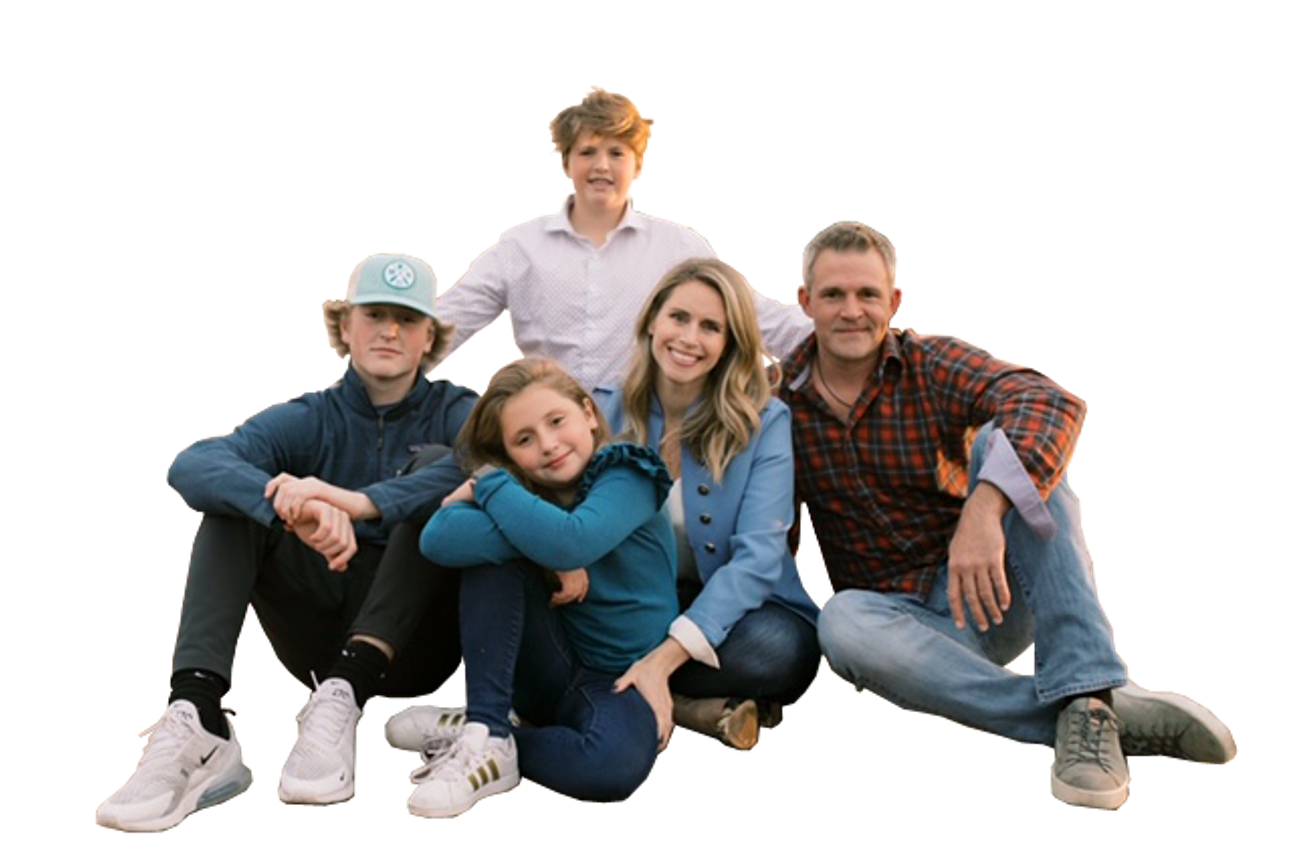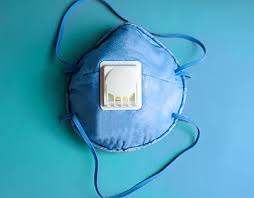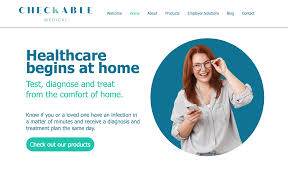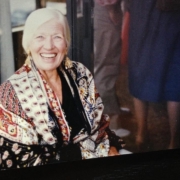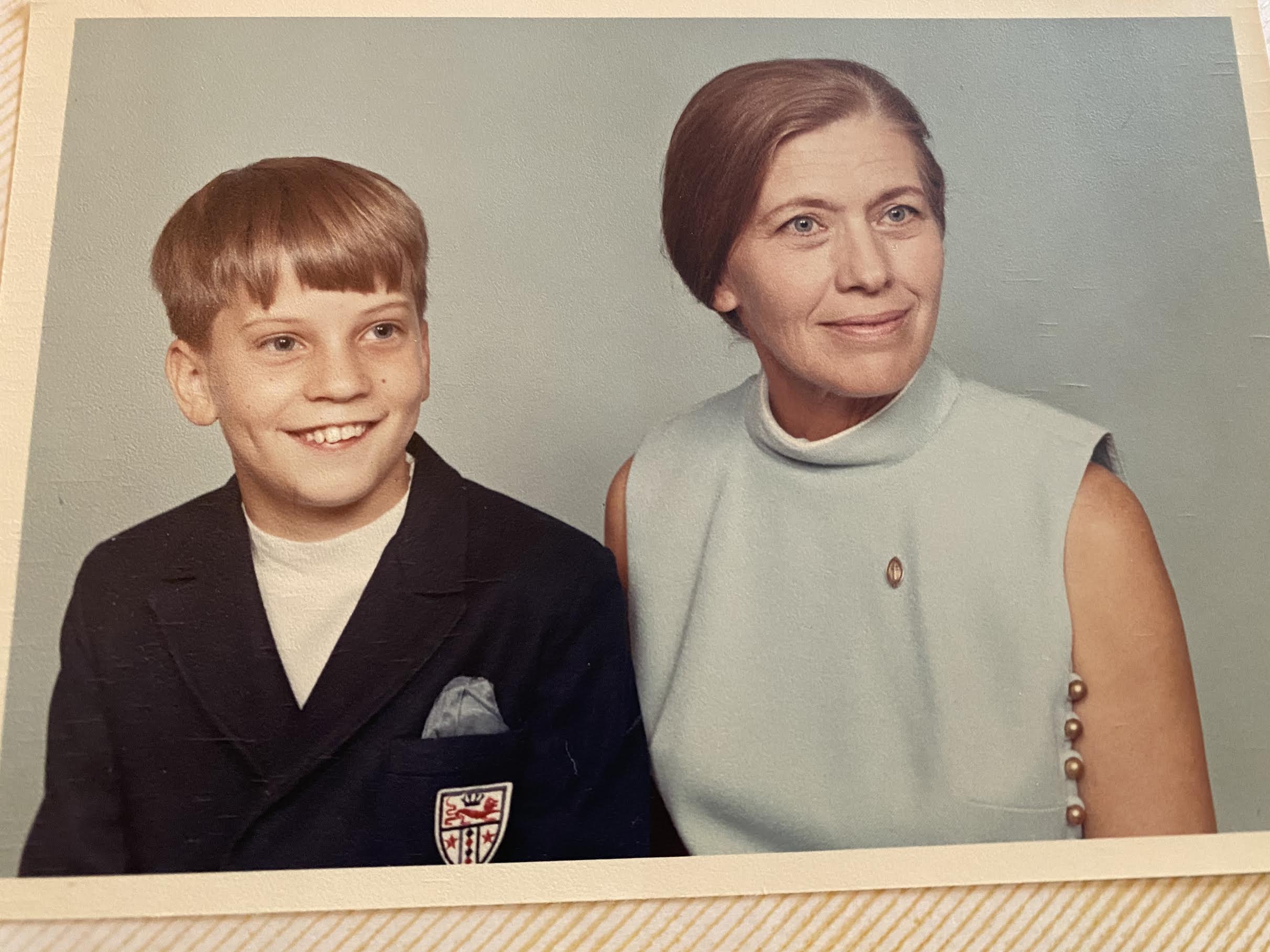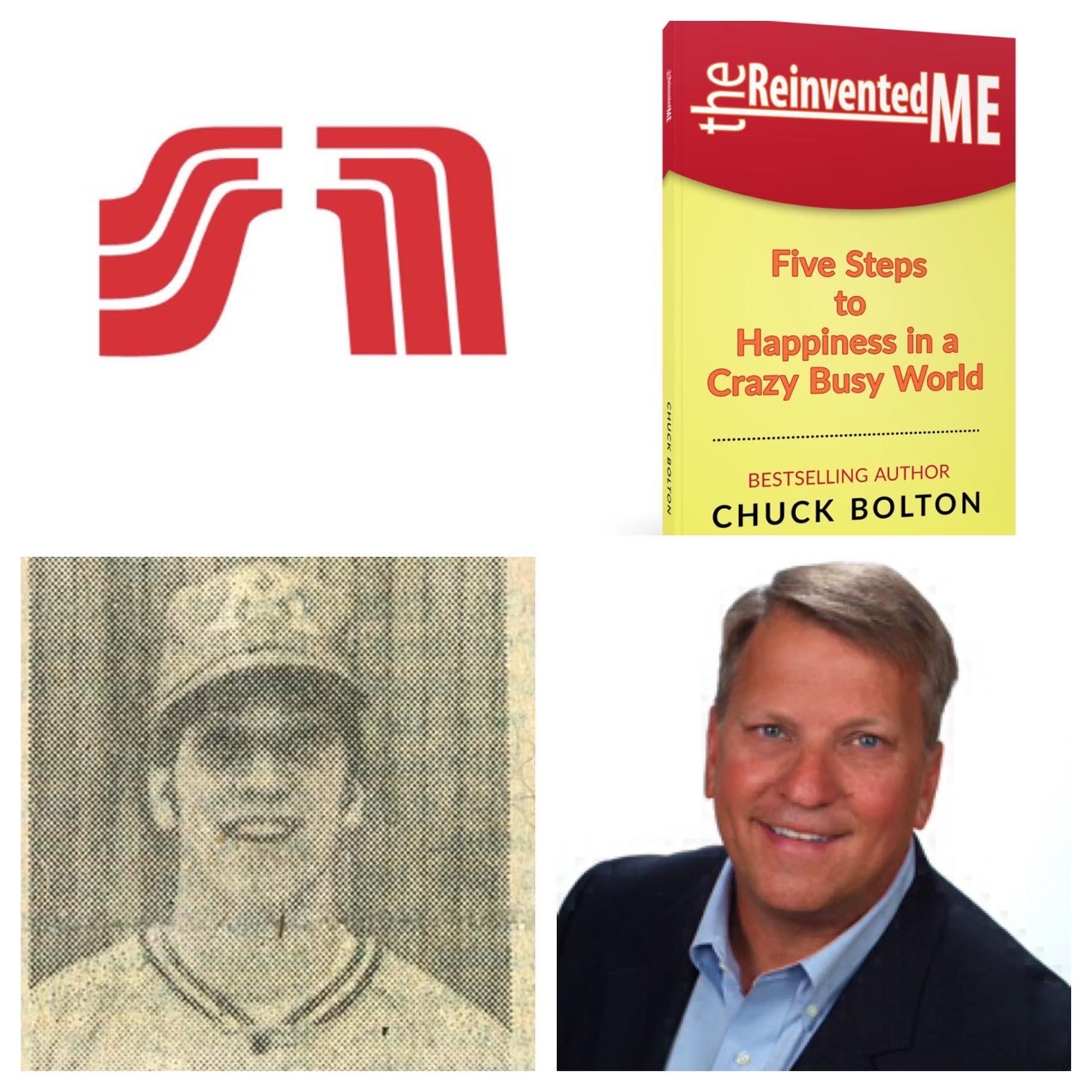How Moderna’s CEO Stephane Bancel Stays Relevant and Thrives in a Hyper-Growth Environment
Can you name a company that has grown in revenue from $0 to $19 billion in one year? Here’s a hint: the biotechnology company that pioneered the messenger RNA (mRNA) COVID-19 vaccination – Moderna.
Founded in 2010, and led by CEO Stephane Bancel since 2011, Moderna is credited with one of the greatest discoveries of the past century, the Spikevax vaccine, which has found its way into the arms of hundreds of millions beginning in 2021. More than a one-product biotech firm, Bancel describes the company as having a “platform”, whose new way of making drugs can allow it to quickly pivot to deploy mRNA technology vaccinations and therapeutics to combat the most threatening viruses and diseases. Now with forty-eight different programs and with thirty-eight in active clinical trials, the company’s future is bright, with a market capitalization that surpasses many large pharmaceutical companies.
With the impact Moderna has experienced, over eight hundred million Moderna vaccine doses delivered in 2021 alone, it wouldn’t be a surprise to find the CEO enjoying the spoils of success. That’s not the case with CEO Stephane Bancel.
At the recent Wall Street Journal Health Forum in Boston, WSJ reporter and author of The Messenger: Moderna, the Vaccine, and the Business Gamble That Changed the World, Peter Loftus interviewed Bancel. My ears perked up when Bancel answered Loftus’ question about his unique challenges in the face of Moderna’s rapid transformation.
Loftus: “The company has changed so much in the last three years. It used to be a smaller biotech development stage. No products, a lot of people had never heard of Moderna. And now you’re a household name much bigger. What has it been like to go through that transformation? And what are some of the unique challenges you think that you’ve experienced there?”
Bancel: “I think it’s managing a company in a hyper-growth mode. You know, I worked at Eli Lilly, and I ran BioMerieux, two great companies, but neither was growing 50% a year. If you look at Moderna, as you say, actually, since the early years, we’ve grown 50% in headcount every year. This year, we started the year with around four thousand team members. We’re planning to hire two thousand people this year. So, it’s another 50%. Again, I know it’s not going to last forever, which is a good thing. But the thing that I have never done, and I think it’s, it’s the same for all of my colleagues, is ‘How do you keep reinventing your job all the time?’ Because as you can appreciate the job of a CEO at Moderna 12 years ago, when, you know, we literally had a couple of scientists and two million in the bank and only research is quite different than the job of CEO four years ago before COVID with 20 drugs in development and a public company, and running a manufacturing plant in Norwood to what it is today.”
“And so, I think it requires a lot of humility to, to really work with your boss, to work with your team. And to regularly kind of reinvent your job in terms of ‘What is the job of Moderna’s CEO today?’”
“What I do once a quarter is actually to kind of literally fire myself on a Sunday, where I try to think about where the company’s going. And I will literally write the job description of what I think the Moderna CEO must be today. And when I spent a couple hours comparing what the CEO must do today with what I’ve done in the last month or two. And I realized that some things I need to stop doing. Sometimes, it’s things I love to do that I just need to stop doing, because it’s not what the CEO of Moderna what needs to do. There are things I have not done yet that I need to start doing. Some things I must start, I don’t really like. It’s what the Moderna CEO needs to do. And so, it’s this constant reinvention that is really new. It took me quite some time to really get this as a muscle. Because again, I’ve never worked in a hyper-growth company before. That’s how to stay relevant.”
In my experience as a CEO coach, it isn’t uncommon to hear CEOs speak about the need for reinvention. Usually, it’s about how the company must reinvent to stay competitive. This perceived need has been highlighted with the findings of the recent PwC’s Annual Global CEO Survey where 40% of the CEO respondents think their company will no longer be economically viable a decade from now, if it continues on its current path. Increasingly, reinventing the company is on the CEO’s agenda.
What is uncommon is to hear a CEO like Bancel acknowledge that reinvention must start with him. Reinvention is a must for all who work to stay relevant and thrive. If you are not CEO of your company, see yourself as CEO of your function, or of your role and your life. The purpose of reinventing your role is for you to not only feel more purpose and passion from your work, but to design your job in a way that creates massive value and impact for your stakeholders.
- Given your current business state and your desired future state, what tasks must you stop and start doing as CEO?
- How will you bring a greater sense of purpose to your work?
- How will you make the time necessary to focus on your few vital functions that drive the greatest value?
- Over the next twenty-four months, what relationships are most important for you to develop and nurture?
- And what must you learn and how must you grow, so you stay relevant and thrive today and tomorrow?
These are questions every CEO – whether or not they are in a hyper-growth environment – should reflect on quarterly, as part of their on-going reinvention. How about you? If you are a CEO, are you reinventing every quarter? What are you doing to stay relevant and thrive?
“The illiterate of the 21st century will not be those who cannot read or write, but those who cannot learn, unlearn and relearn.”
Alvin Toffler
For more on reinventing your role as a leader, check out Reinvent Your Impact: Unleashing Purpose, Passion and Productivity to Thrive
